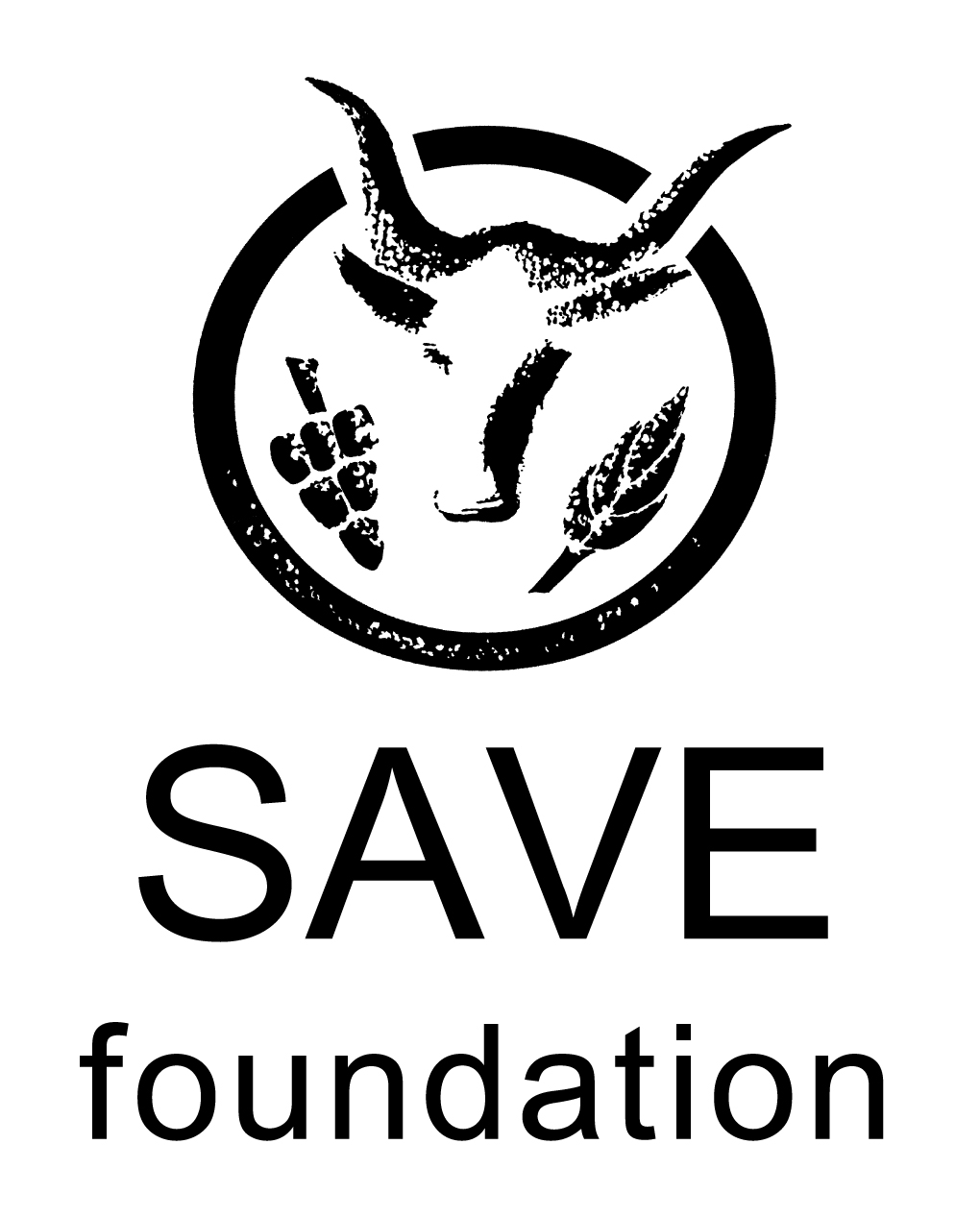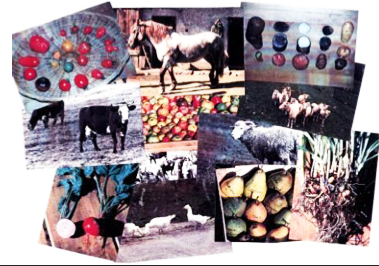 SAVE Foundation acts as European umbrella organisation for the promotion and coordination of activities for the conservation of agricultural diversity and heritage throughout Europe. The traditional farmers’ knowledge is an important cornerstone of this work. An inextricable link lies between human culture and agrobiodiversity.
SAVE Foundation acts as European umbrella organisation for the promotion and coordination of activities for the conservation of agricultural diversity and heritage throughout Europe. The traditional farmers’ knowledge is an important cornerstone of this work. An inextricable link lies between human culture and agrobiodiversity.
This is taken into account in all agrobiodiversity conservation activities. Conservation of the cultural heritage of humans is important as not only languages and customs are endangered but, also their land use systems and traditional farmers’ knowledge, traditions, feasts, clothes etc. These latter aspects are directly related to the work of the SAVE Foundation and are an integral part of all our projects. Conservation of (agro)biodiversity is not only a domain for scientists, it is a place for the expression of culture – through practical knowledge, language, stories, myths and legends, customs and food specialities. This fact has been long recognised at SAVE. SAVE Foundation stands for the safeguarding of agrobiodiversity, within unique human systems. Our work is widely anchored and ranges from research and scientific work, through stakeholder networking, to identifying and documenting traditional knowledge related to rare breeds and plants and supporting and promoting its conservation.
The stakeholders also range widely from government ministries and international organisations, through research institutes, to NGOs and small scale farmers and breeders. SAVE acts as a representative of these NGOs and farmers/breeders and strives to ensure that their voice is heard and their needs for grassroots development are met. Today agrobiodiversity is greatly endangered because farmers are endangered, the environment is endangered and traditions are endangered. Many of the breeds and varieties that SAVE supports are deeply rooted in the culture of the society that keeps them. They provide a basis and integral part of life, language, beliefs, nutrition and land management that has been tried and tested over thousands of years in the hands of millions of people. Traditional knowledge played an essential part in many past projects of SAVE e.g. conservation of the Karakachan animals, an integral part of their nomadic lifestyle, and the Kalofer goat, the hides of which a part of the traditional carnival costume, in Bulgaria.
Much has also been achieved, in order to support conservation, by networking stakeholders in areas where political borders divide cultural identities Arca-Net – Arca-Net profiles places where traditional livestock breeds and cultivated plants can be experienced first hand. It contains over 500 publicly accessible places in 43 countries. A map with all the locations and categories of the centres makes searching in specific regions or countries in Europe easy. The next project phase will see seminars and workshops for farmers to exchange knowledge and experience and to promote regional and international networking. A development of didactic materials for ark centres is also planned. http://www.arca-net.info.
Alpine Knowledge – In 2006 it became clear to us that farmers’ knowledge was rapidly being lost with the elder generation and, although the recording of it has always been a part of our project work, it is now essential to focus our attention on recording as much as possible before it disappears. To this end, the concept of the “Alpine Knowledge” project came about. This project is now in a pilot phase with first results of the feasibility study expected at the end of 2010. As a result of the feasibility study, a following project will be launched to extend the project, perhaps also to other regions, such as the Balkan region or the Carpathians. SAVE aims for sustainable conservation in the area the breeds and varieties were developed, seeing them as a piece of cultural heritage intricately bound to the traditions and practises of the region. Except for in emergency situations, we discourage the removal of material to other areas, seeing it as being part and parcel of the intangible cultural heritage of the area. The SAVE Foundation restricts its activities to Europe but takes an interest in similar work of other organisations around the world.
Year of accreditation: 2013
Accreditation number: NGO-90123
Main domain(s) of the ngo’s activities: knowledge and practices concerning nature and the universe, traditional craftsmanship
Main country where the NGO works: European Countries
Local, national or international level of the NGO: International


